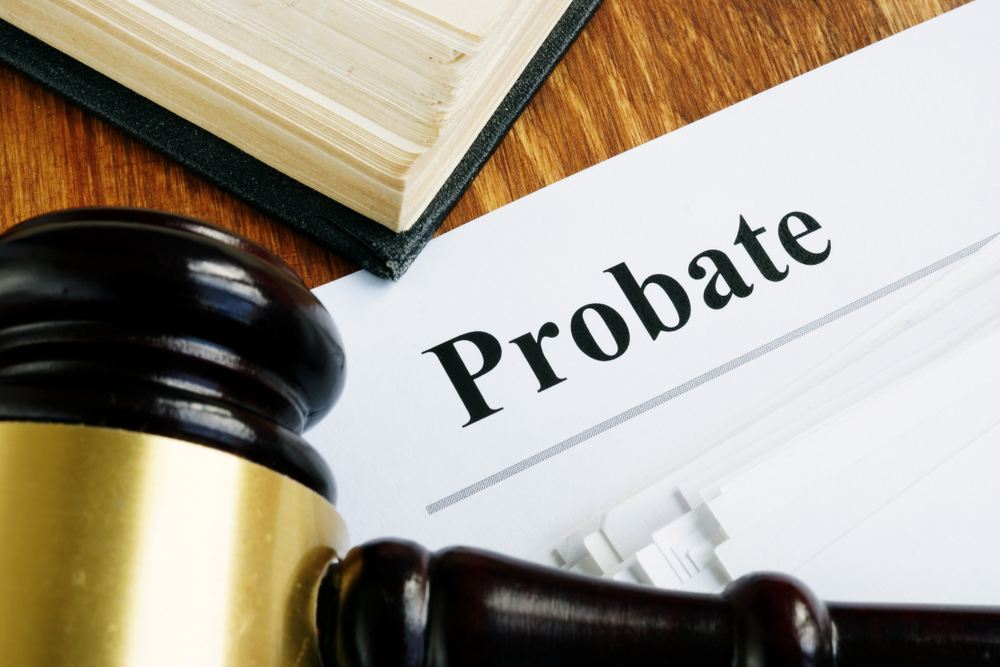An executor is a person who is appointed to assist in the administration of the estate of a recently dead individual. It is the executor’s responsibility to see that the will of the deceased is carried out by those who are left behind.
Everyone who makes a will has the authority to appoint an executor to carry out their will. A court will step in to appoint an executor in the case of a will that does not name an executor before the person’s death.
Let’s take a deeper look at what an executor can and cannot do? Can The Executor Sell A House That Is In Probate?
What Power Does a Will Executor Have?
Because of the potential intricacy of some wills and the diversity of family situations, no two executors carry out exactly the same responsibilities. However, the majority of them are responsible for the following:
- Whether or not a will is challenged or the will ends up in probate court, the executor can assist in validating it.
- The executor is in charge of arranging and supervising the distribution of the testator’s assets and property.
- Determine which recipients inherit real estate according to the will, if relevant.
- Pay taxes, debts, and any other relevant expenses to close off the deceased’s estate.
When someone accepts the position of executor, he or she is responsible for making the majority of the decisions surrounding the deceased’s will and property. This is true even if the deceased did not express all of his or her preferences explicitly in his or her will.
Execution Restrictions
An executor has certain leeway when the testator failed to communicate clearly all concerns, but he or she must also adhere to a number of legal requirements. For example, the executor cannot remove certain persons from the will or include others because this is not a decision that he or she has the authority to make on their behalf.
The executor also has no legal remedies to prohibit beneficiaries specified in the will from questioning the validity of their inheritance.
If a person makes a will but dies without signing it, the law considers this to be the same as if the individual had never made a will. The executor is unable to sign a will on behalf of a person who has already passed away. This individual is also prohibited from commencing the execution of the will while the testator is still alive.
Fortunately, the majority of people take their position as executors seriously and adhere to all applicable laws and regulations. Any time the beneficiaries believe that the executor is not carrying out their responsibilities properly, they can bring the issue before a judge and ask that the executor be removed from their position. The court will either appoint a new executor or assume the responsibilities of the individual from whom the court removed him or her.
When faced with this predicament, “Can an executor withhold money from a beneficiary?” is another topic that people frequently ask. It’s unfortunate that the answer to this question isn’t as simple as “yes” or “no.” An executor has the authority to defer payments to beneficiaries in order to pay estate taxes and obligations.
If there is nothing left after that, or if the estate’s liabilities outweigh its assets, the recipients will not get any money from their inheritance. An executor, on the other hand, cannot steal from the estate, refuse to communicate with beneficiaries, or cause payments to be delayed unnecessarily. Any of these scenarios could be considered grounds for removal by a court of law.
Can The Executor Sell A House That Is In Probate
Depending on whether the recently deceased individual did not leave a will or whether the surviving family members are unable to locate one, it may be possible for an executor to purchase shares of property from other beneficiaries rather than selling the deceased person’s home. Consequently, the executor would also be a beneficiary in this situation.
This is a common scenario among adult siblings where one wants to remain in the family house while the others opt to cash out their respective portions of the home’s value rather than continue living there. This would result in a reduction in the amount of inheritance paid to the executor and beneficiary in proportion to their respective shares of the parents’ home.
When no beneficiaries intend to stay in the inherited piece of real estate, the executor must list the property for sale at its fair market value, which is determined by the appraiser. Selling the residence or the assets included inside it for less than this amount may result in the removal of the executor and the stopping of the real estate transaction, among other consequences.
Can An Executor Sell Property Without The Beneficiaries’ Consent?
The executor is under an obligation to act in the best interests of the beneficiaries at all times. If executors believe that a beneficiary is trying to stall the transaction indefinitely or is otherwise acting in an inappropriate manner, they can file a petition with the court to have it thrown out. Additionally, if the testator’s will does not include specific instructions on how to sell the property, the executor may decide to proceed with the sale.
Want To Sell An Inherited Property?
Probate is a time-consuming and difficult process for anyone to manage. It can be particularly difficult when grief is very raw as a result of the recent death of a family member. Whether you have received an inheritance or have purchased a house, CashBuyersNY can assist you by making a cash offer on the same day you contact them.
For over a decade, CashBuyersNY company has been purchasing homes in the New York market. CashBuyersNY specializes in assisting NYC residents with simple property buying procedures on their own schedule. You are in the right place if you want to sell an inheritance house for cash. Get in touch now for more details or get an instant cash offer right now!






